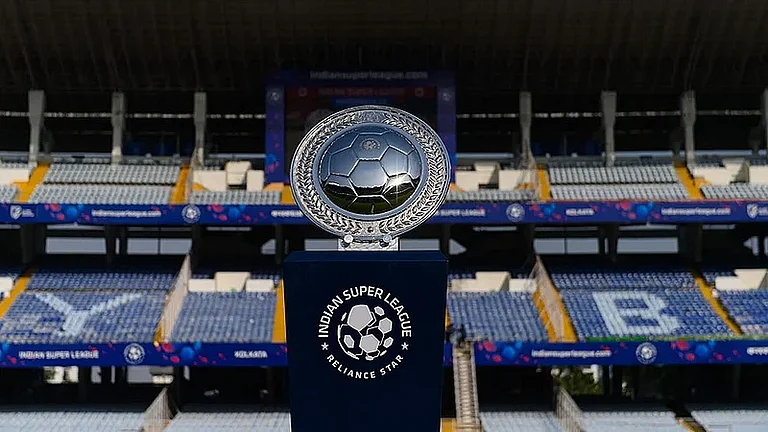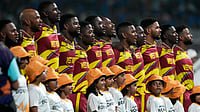
Summary of this article
Supreme Court reserves its order, mandates AIFF and FSDL to conclude a transparent, independently managed ISL rights process by October 15.
All 11 ISL clubs have warned of possible shutdowns if the master rights deadlock is not resolved soon, putting the season and hundreds of jobs at risk.
FIFA has given AIFF an October 30 deadline for constitutional compliance, adding to the urgency and international focus on Indian football governance.
The Supreme Court has reserved its order on the urgent matter of the master rights agreement between the All India Football Federation (AIFF) and Football Sports Development Limited (FSDL), a contract essential for conducting Indian Super League (ISL) matches in the upcoming season. The bench, comprising Justices P S Narasimha and Joymalya Bagchi, indicated that it would issue a short order on this specific issue soon, to be followed later by a separate judgment addressing the constitution of the All India Football Federation.
“First, we will pronounce a short order and then we will pronounce the verdict on the constitution. The judgment is ready, but we have not pronounced it as there is uncertainty over the Act coming into force,” stated Justice Narasimha during Monday’s proceedings.
The bench further queried Additional Solicitor General (ASG) K M Nataraj about the timeline for implementing the National Sports Governance Act of 2025. Nataraj responded that work on framing the necessary rules and modalities is underway, but it may take anywhere from one to six months for the Act to come into effect.
The court, emphasizing the urgency of the situation given the impending football season, said it could not wait indefinitely for the Act to be operational. “Till the Act comes into force, the judgment will hold its ground,” the bench clarified.
During the hearing, senior advocate Menaka Guruswamy, representing one of the stakeholders, cautioned that the delivery of judgment should not be conflated with upholding the constitutionality of the new Act, especially as bringing state associations under central legislation could face legal challenges. The bench acknowledged this concern and confirmed that the validity of the law can always be contested and would be clarified in the detailed judgment relating to the AIFF constitution.
Tensions reached a new high as stakeholders described the consequences of continued delays. The 11 ISL clubs directly warned the AIFF that they “face the real possibility of shutting down entirely” if the impasse around the future of the league isn’t broken soon.
Advocate Ranjit Kumar, appearing for the AIFF, informed the court that the federation has agreed to conduct an open, competitive, and transparent tender or equivalent process for selecting a commercial partner to manage the ISL. "Such a process will be conducted in accordance with the National Sports Development Code-2011, the National Sports Governance Act-2025, the AIFF constitution, and the regulations set by FIFA and the Asian Football Confederation (AFC)," Kumar said, reading from a federation resolution.
Keen to resolve the crisis, the senior advocate confirmed to the court: “The process may be managed by an independent professional firm of repute, such as one of the Big Four or an entity of equivalent standing.” The bench replied directly: “It does not believe any ‘Big Four’ or any such entity.”
Kumar went on: “AIFF and the Football Sports Development Limited (FSDL) have agreed that the process will be concluded by October 15, thereby providing certainty to clubs, broadcasters, sponsors and other stakeholders and thereafter, the new league season can commence in december.”
On August 28, the court commented: India has "excellent talent" and it would go the "extra mile" for the finalisation of the AIFF draft constitution for the game's betterment.
The FIFA angle remains pivotal. Amicus curiae and senior advocate Gopal Sankaranarayanan pointed the court to FIFA’s letter giving AIFF until October 30 to “secure a definitive order from the Supreme Court of India, approving the revised AIFF constitution and ensure full alignment of the AIFF constitution with the mandatory provisions of the FIFA and AFC statutes and regulations.”
Earlier, the court asked AIFF and FSDL to urgently resolve the renewal impasse, which has thrown the league and its 11 franchises into prolonged uncertainty. The two sides have now agreed to work toward a transparent, independently managed outcome that too on a strict deadline and under global scrutiny.
With PTI inputs.




















